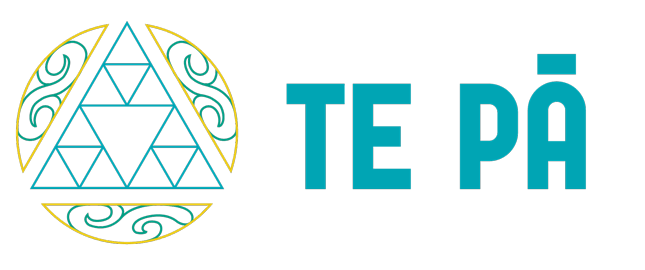Te Pā is a proud partner of Share My Super, an innovative charity that helps generous Kiwis to make a difference for tamariki, rangatahi and whānau in need across Aoteaoroa. The support Te Pā receives from Share My Super donors is dedicated to our Te Ohomai Rangatahi service and our Kia Puāwai Te Kākano programme.
This week, Dr. Hinemoa Elder, Share My Super’s patron, shared her thoughts in the NZ Herald.
A Super way to tackle child poverty
By Dr. Hinemoa Elder
11 April 2023
Superannuation has increased by about $100 a couple a fortnight and about $70 for individuals, as of April 1.
New Zealand’s universal superannuation means some of the 880,000 people receiving a pension increase won’t need it for themselves.
They might be still working, they might have been fortunate enough to accumulate wealth so they have something to spare.
What I’m asking is that people in this fortunate position think of those at the other end of the generational spectrum and reach out with a helping hand to children affected by the disease of poverty. Why now?
Working with tamariki, mokopuna and whānau in a hospital setting, we are witnessing high levels of mental illness, distress, grief, suicidal thoughts, planning and attempts among young people.
What we’re seeing on the ground, at work, in our hospitals, are much-more-complex situations where increasing poverty is clearly a major factor.
What we are seeing now is very different compared with pre-Covid and even compared with what was happening during lockdowns.
The impact of food insecurity and lack of access to secure, long-term housing is devastating and preventable.
We’re seeing this across intergenerational groups and communities and the grave impact on everyone’s mental health.
The latest data shows one in nine Kiwi kids lives in poverty.
The figure for tamariki Māori is worse, with one in seven living in low-income housing, and it’s one in five for Pasifika children.
These figures are particularly important to tamariki mokopuna living in material hardship.
That’s because these kids are missing out on meals at home, on clothes, ongoing to the doctor or dentist, and on access to essential developmental opportunities such as school camps or sport.
My friend and colleague, Tui Ah Loo, is Tumu Whakarae or CEO of Te Pā, a kaupapa Māori organisation that supports whānau through the justice system.
She says child poverty has contributed to the breeding ground of disconnection from whānau and community for the rangatahi we work with.
She tells me: “When you are in a state of survival, you lose the ability to dream, aspire and reconnect.
“As the kaitiaki of our future leaders, we owe it to them to foster hope.”
As well as being a child and adolescent psychiatrist, I’m proud to be the patron of Share My Super, a charity that enables superannuitants who can afford to give, to support the efforts of one, some or all of 11 vetted organisations helping children in poverty.
Share My Super has raised more than $1.3 million in the past three years, with its operational expenses fully funded by founder and philanthropist Liz Greive, meaning100 per cent of donations go directly to the donor’s chosen charity or charities.
We know there are many super people living in their own, fortunate socioeconomic bubble who want to help but aren’t sure how.
This month’s universal superannuation increase could be a way to help alleviate the disease of child poverty.
– Dr Hinemoa Elder (MBChB, FRANZCP, PhD, MNZM) is a New Zealand child and adolescent psychiatrist. She is a fellow of the Royal Australian and New Zealand College of Psychiatrists. She has whakapapa to Te Aupōuri, Ngāti Kurī, Te Rarawa, and Ngāpuhi nui tonu.

